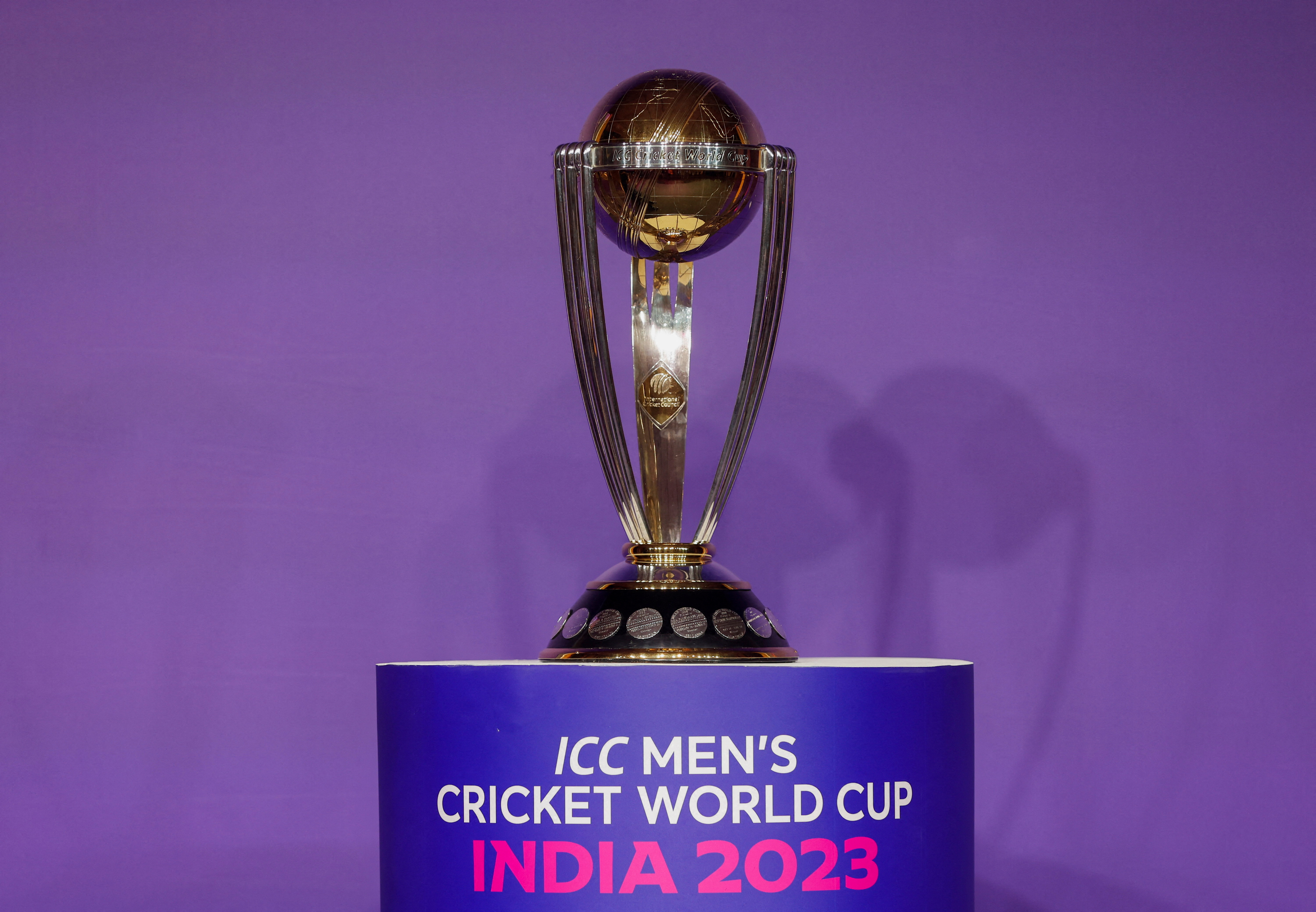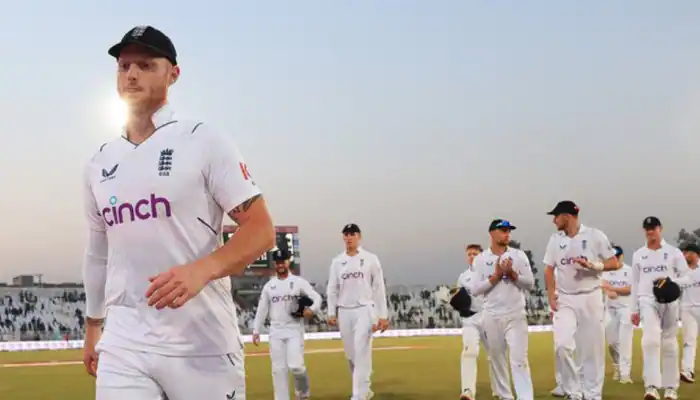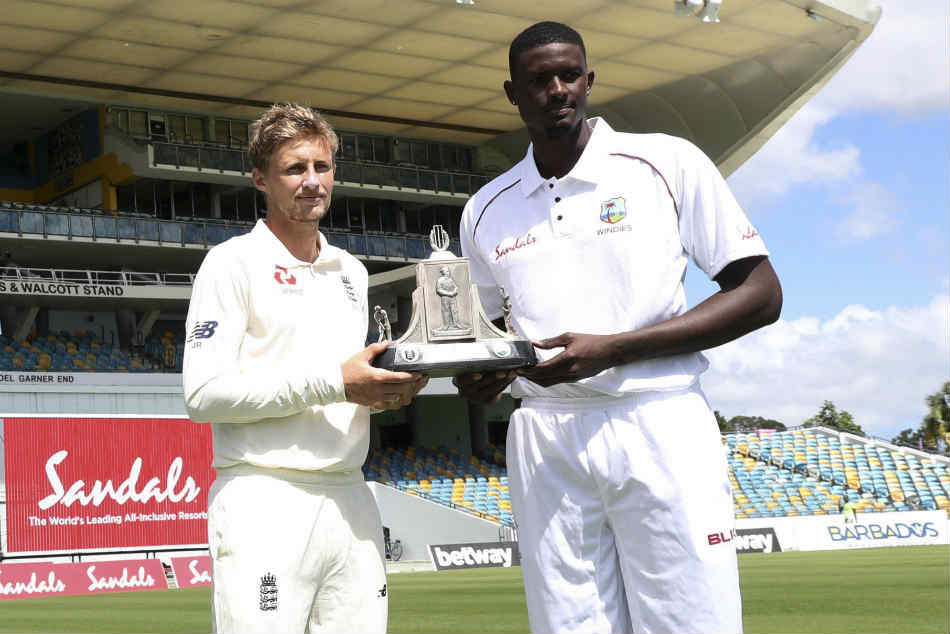There was a series between England and Australia comprising of three T20s and three One Day Internationals that was played in England. The series was completed on 16 September 2020 with England winning the T20 series and Australia winning the One Day series. There were some good performances and not so good ones as well. The point is, did anyone cared about a batch of 6 games consisting of T20s and ODIs? How many of us would have even followed the games? How many were even aware that these games were happening if not for the pandemic? What is the point in this needless exercise? Is there any point in a standalone ODI series?
Some examples of poor scheduling
I am not a big fan of games that are happening outside of a proper series of Tests, ODIs and T20s. I have seen lot of such series over the last 20-25 years, especially, after the bursting of satellite television. There was a period when Australia used to travel to India every year for about 5 years only to play 5-7 ODIs. There was a series in South Africa against Australia and that is over even longer distance than travelling to India. It is simply not possible to understand the reason teams would travel for such long distances. To to play a handful of low-key games at that.
I am sure the boards of the respective teams will say that they are trying their best to keep the player’s time away from their families to a minimum by splitting the Tests & the short formats. If this is analysed a bit deeper, it is easy to conclude that this is not the case. It is not even close to.
Great travelling distances
Now, the travelling time between say Australia and India may not be how it was during the era when England and Australia used to travel for close to 3 months on a cruiser. Nevertheless, the travelling time is still significant. Except for the subcontinent teams travelling within the 4 countries and Australia & New Zealand travelling amongst themselves, every other travel takes a significant amount of time. When a tour is split into multiple segments with one segment to be played at a later date, it involves teams needing to travel twice to the other country. One for Test series and the other for ODIs and T20s.
Once the team is in the other country, they will have to undergo acclimatisation, train for a few days, non-playing days between the games etc. When this is compared with a regular tour, this split will definitely result in increasing the number of days the players are away from their families. This certainly will nullify the board’s argument.
Not so interesting for players and spectators
I for one am simply not able to understand the logic behind split tours. Why would teams want to travel great distances just to play a handful of games? I don’t think it will be interesting for the players as well. A full-fledged tour will certainly have the players and the spectators interested. A team that lost the test series will want to take revenge in the short formats and vice versa. If the ODIs and T20s are held at a later date, that motivation would have left the players longtime ago. For the spectators too, a full tour will be much more exciting. The spectators would want their team to win all the three legs of the series. The boards, though for a noble cause, wants to ensure that the players spend much more time with the families will do well to combine the tour rather than split them.
Advantages of a full tour
The time away from the family is a major concern for every player. There are so many instances of a player needing to be away on a tour. They are forced to miss the birth of a child. They are not able to spend precious time with a new born baby. This will certainly lead to depression or breakup of marriages. Hence, the need for less days on tour. One way to ensure that the tour has less number of days is to ensure less number of games. A maximum of 3-4 Test Matches and 3 ODIs must be the norm. T20 must completely be left out of every series and it must only be a franchise cricket.
Now that every country has a T20 league, it only makes sense not to have international T20 games outside the T20 World Cup. Teams will not have any cause to complain regarding lack of T20 games in preparation for World Cup because all the players are anyway part of more than one T20 league. Playing as a team will not be a problem either because in most teams, the same set of players that play One Day Internationals are selected to play in T20 World Cup as well.
Reduce the duration of Test matches
The other method is to reduce the Test Matches from 5 days to 4 days over 100 over per day. In a series of 4 Tests, this will mean 4 less days on tour. Ofcourse, this will create a lot of consternation among the players and the public but it is only for the better. Hardly 50 overs are lost because the Tests are reduced to 4 days. With almost every ground having floodlights, it is absolutely possible to extend the play by an hour everyday and if required, increase the number of overs in a day to 105. There will be arguments that this snatches away the last day thrillers. What they fail to understand is that even a four day Test can still have last day thrillers. Infact, surviving 105 overs on the last day will be much more difficult.
There are so many instances of teams escaping defeat because of rain on the 5th day. Four day Tests may avoid some of them. There are quite a lot of instances when more than half the day’s play is lost because of rain, light. 105 overs will ensure that some of that is regained. There will be arguments for and against 4 day Test but the future certainly lies with 4 day Tests. Spectators do not have much time to sit through even a day leave alone 5. The administrators and the players must realise that.
Conclusion
Such a schedule will ensure that the players get to spend much more time with the family. It will also ensure lesser player burnout. It will ensure that the players are motivated to complete the series on a high because of the relatively less number of games. The games will be much more competitive.
What do you think of not splitting the tours? leave your comments.
Other articles
In praise of England cricket team



